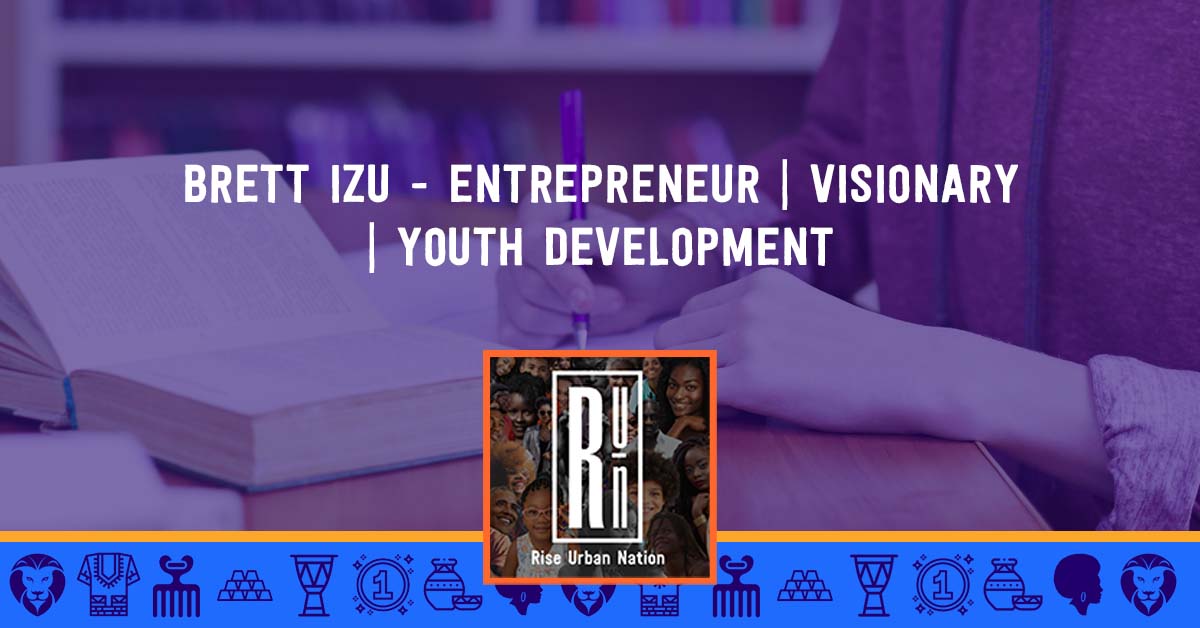Black Financial Literacy: Key Insights You Need to Know
Black people in the United States have one of the most unique and complicated experiences. From chattel slavery to Jim Crow, to Civil Rights and police brutality, there have been a lot of struggles that have lasted through eras.
Black financial literacy is a key to acquiring power, which can provide protection and the ability to get a fair shake.
This group of people has a collective $1.1 trillion in spending power. Putting some financial prowess to this income and spending power can be a big part of uplifting the community.
Here are some points you should understand about the power of black financial literacy and what we should know and understand.
Create a Budget
Most people don't take care of their finances because they don't have a roadmap or a blueprint. When you run a household, you need to have a budget in place that lets you plan out your income and expenses and helps you with each decision that you make.
A budget is a tool that takes the mystery out of the way you spend your money and makes provisions for every dime that comes in and out of your account. It allows you to set aside money for all of your bills, groceries, medical expenses, and so much more. Knowing where your money is going takes the stress, anxiety, and fear out of finance so that you can build the coffers and take care of business.
Focus on Growth and Investing
Turn on the news today and you're going to hear a lot about inflation. Regardless of how bad inflation is at any given time, it's always best to focus on growth rather than just letting your money sit in a bank account. When your money sits in an account, you're liquid, but that money is losing value based on the current value of the dollar and exchange rates.
The key to financial prosperity is to use your money as a tool that brings you more assets and grows your net worth. Always set aside money from each check to make your money work for you. Here are some of the best investment vehicles that you can look into:
- The stock market, index funds, and exchange-traded funds (ETFs)
- Real estate investing
- Investing in cryptocurrency
Focusing on these avenues of growth will help you expand your net worth and secure your future and your family's future for years to come.
Build Emergency Savings
While growth is the key, you have to also have some money that will help you out when you're in a pinch. The majority of people in the United States have between $1,000 and $5,000 in savings.
Figure out how much money you need to have in your liquid savings account so that you're able to pay for things like emergency medical expenses, car repairs, and any other unforeseen instances that come along. You need to protect your family from hardships so that you don't have to take out loans or borrow money when life happens.
As a good rule of thumb, strive toward setting aside 3 to 6 months of living expenses so that you can take care of these matters that come along.
Grow a Business and Streams of Income
Revenue is the key to handling your financial life. It takes multiple streams of income so that you can grow your wealth. This way, you're not relying on a single salary to take care of your finances.
Millionaires and people with financial freedom never rely on a single paycheck. Thankfully, there are several avenues today you can explore that are available to anyone looking to build their net worth. Running a business is the best way to make it happen, and there are also investments you can make that will pay you every month or quarter.
Here are a few of the best streams of income you can look into:
- Creating courses and selling digital content that you get paid for monthly
- Renting out properties and Airbnb
- Dividend stock investing
- Reselling items for profit
- Opening a franchise and building other types of businesses
You will love the results that come about when you grow these streams of income so that you have a solid foundation for growth and abundance.
Support Black Business
A lot has been spoken and studied about how Black people are some of the biggest consumers, but how the dollar doesn't circulate in the Black community for very long. Combining your resources with people that look like you will allow you to uplift the community and look out for each other.
Learning to share with each other will allow you to educate your kids and build schools and neighborhoods so that you can teach financial literacy for Black youth. This way, the next generation will continue to prosper.
There are several Black businesses you can support that'll help you in your own business pursuits, such as:
- Calendly
- Hygear
- Jego
Do your due diligence when supporting Black businesses and make sure to spread the word.
Become a Lifelong Learner
The key to true financial literacy is making sure that you're constantly learning and growing. If you invest in the stock market, you should be reading publications, studying financial reports, and tuning into media that teaches you. You can also subscribe to a black financial literacy podcast as opposed to spending your commute listening to music or things that don't build your life.
When you're a lifelong learner, you'll be better able to pounce on opportunities that can grow your wealth to the fullest.
Embrace Black Financial Literacy
Black financial literacy is the biggest key to freedom. The tips above are helpful regardless of your age or lot in life. The key to remember is that it's never too late, and having the right information can change your life.
Risepreneurs exists to bridge the gap. Check out more of our articles and take the time to get in touch for more information.











